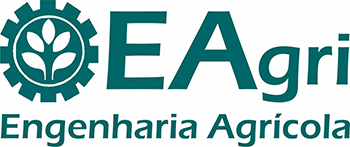Brazilian caprine raising has grown considerably in the last years and has elevated the waste production, what justifies the study of recycling practices of composting and vemicomposting because their aggregation values with the fertilizers production, and also represent a sanitation way in the rural zone. In this study, caprines of different ages, maintained in semi confinement system and with the same diet feeding were used. The main objective was evaluating the effect of the season on the composting and vermicomposting process. The dry matter reduction was of 53.7; 53.4; 51.4 and 47.8% for composting process and 57.4; 51.0; 41.4 and 53.6% for vermicomposting in Summer, Autumn, Winter and Spring respectively. Larger reductions were observed in the C/N ratio during Summer and Autumn in relation to Spring and Winter, for both processes. The equations of volume reduction in the composting process were: y = -0.0512x + 1.0233; y = -0.0552x + 1.1766; y = -0.0521x + 1.1656 and y = -0.0558x + 1.3227 for Spring, Autumn, Winter and Summer, respectively (x = number of weeks and y = volume in m³).
seasons; piles; C/N ratio








